Hi Rosemara! Could you first introduce yourself to the reader?
My name is Rosemara Mather-Lupton. I’m Programme Manager for Culture Mile Learning, a partnership of 30 cultural organisations based in and around the City of London. I lead on one of our major projects, the Fusion Prize.
Describe the project Fusion Prize in 3 words.
Urgent, innovative collaboration.
What is the premise of Fusion Prize and what inspired this scheme?
Fusion Prize is a competition to find skills development solutions, which harness the power of creative or cultural activity. It responds to a dual-need: a cross-sector skills gap and an unfair lack of access to creative and cultural experiences that help to upskill young people and prepare them for the workplace.
We want to find the most exciting ideas that would use creative and cultural experiences to get young Londoners ready for employment, so we’re giving £50,000 to one winning idea, to help them develop.
Along the way, we’re engaging with dozens of teams who have exciting and innovative ideas. We’re providing advice and support to help them progress and ultimately providing a significant boost to the creative, learning, and entrepreneurial eco-system in London.
Fusion Prize is all about addressing the skills gap which young people currently face. What skills do you believe are vital for young people in workplaces today?
Almost all sectors are reporting significant skills shortages at the moment, and many have been citing a problem for many years. Depending on the sector, there are some niche skills that are currently in demand but the key area for concern are the skills that all sectors need. The research shows that, in general, these skills aren’t being found in young people.
In an age of increasing automation, it’s the skills that make us human that are in demand. Things like communication, problem-solving, creativity and adaptability - we call these skills Fusion Skills. These are the skills that are often developed through the arts subjects during school and extra-curricular activities. Engaging with creative or cultural activity of any kind has been proven to be especially effective at helping young people to enhance these vital skills. Unfortunately, these arts subjects and extra-curricular activities are being increasingly cut from young Londoners experience, especially those from less-advantaged backgrounds.
Fusion Prize solutions will seek to address these issues and help all young Londoners prepare for employment and happy thriving lives no matter the career-path that they choose.
How can young people apply to Fusion Prize?
Anyone can apply for the Fusion Prize. There’s no age limit, though one person on each team must be over 18. The deadline is the 17th January and the Proposal outline can be found on the Culture Mile Fusion Prize webpage. There’s lots of background information and if you want advice on your application you can visit the Slack workspace to ask questions or speak to the Fusion Prize team.
We know that young people have the best ideas when it comes to helping young people, so we strongly encourage applications from Voice readers!
What does your job involve? Give us the typical outline of a day?
My job involves a real mix of different activities. Most of my days involve meeting with colleagues or external organisations- I usually enjoy these as they’re often really creative conversations about the exciting stuff we have planned.
Then I have lots of emails to answer. Because I work with lots of partner organisations, we are all in regular contact and it’s important to be sharing information about what each other are up to. Then I also have to sort out the practicalities of the projects that I deliver, whether it’s working out budgets or delivery plans, or booking rooms to deliver learning projects.
What is particularly challenging about your role?
Conflicting priorities from funders or partners - sometimes they think a project should be something different to what you know it should be… then it’s a case of having an open and honest conversation and, usually, finding a compromise.
What are the highlights of your career to date?
Continual highlights of working with creative young people!
How did you get into an arts job? Have you also worked outside the arts?
I always knew I wanted to work in the cultural sector but never was sure what the different jobs were and how to get into one. In the end I was waitressing and decided to sign up to a recruitment agency. They asked me where I wanted to work and I said “The Barbican Centre” because it was the only multi-disciplinary arts organisation that I knew of.
Two weeks later they placed me in a temping role in the HR department which was pretty boring but then after a while a role in the learning team came up and they put me forward for it. In the end everything worked out down to a combination of luck, working hard even in a job that I didn’t really like, and being friendly and up for anything.
Can you describe your biggest challenge so far in your career? How did you overcome it?
Before I started working at Barbican I was waitressing as well as working on various artistic projects for free. I told myself that the experience I was gaining on the projects made it worth working 7 days a week and being exhausted.
It was a challenging time and I have no idea if I would have ended up where I am now if I hadn’t taken on that free work but I would say to young people in the same position today - know your worth and don’t let people exploit you. There’s a line and expressing your boundaries is really important!
Have you noticed any changes in the industry? If so, what?
Diversity and inclusion are talked about more now than when I entered the sector, which is a great thing, but not all organisations are actually implementing the urgent changes needed to improve the sector’s diversity. Until wages are improved across the sector the necessary major shift won’t be possible.
You’ve been granted the ability to send a message to 16-year-old you. What do you say?
Read all the books you’re supposed to read for your course, work for that director for free for two months not a year, and don’t get the fringe!
Do you have any advice for young people interested in doing your kind of job?
Always be open to new experiences and opportunities and be a person that people want to be around and know your worth!

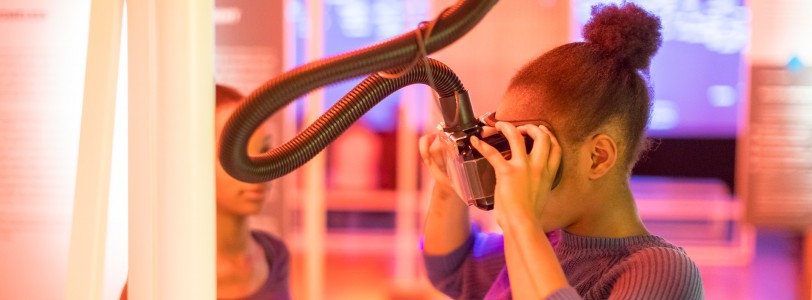
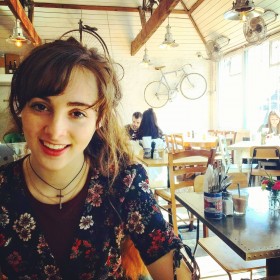
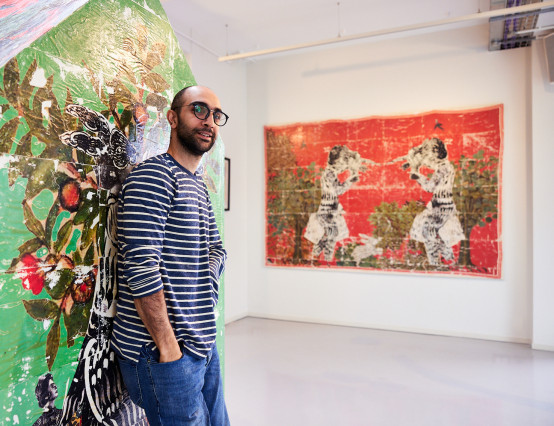
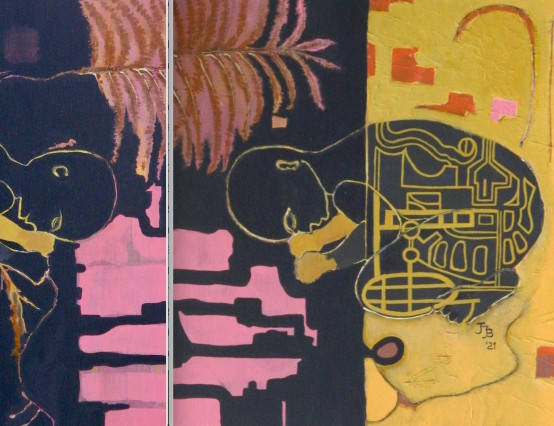


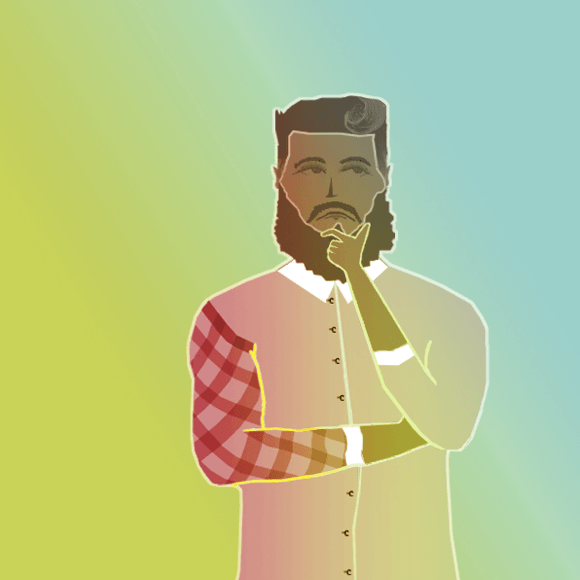
0 Comments